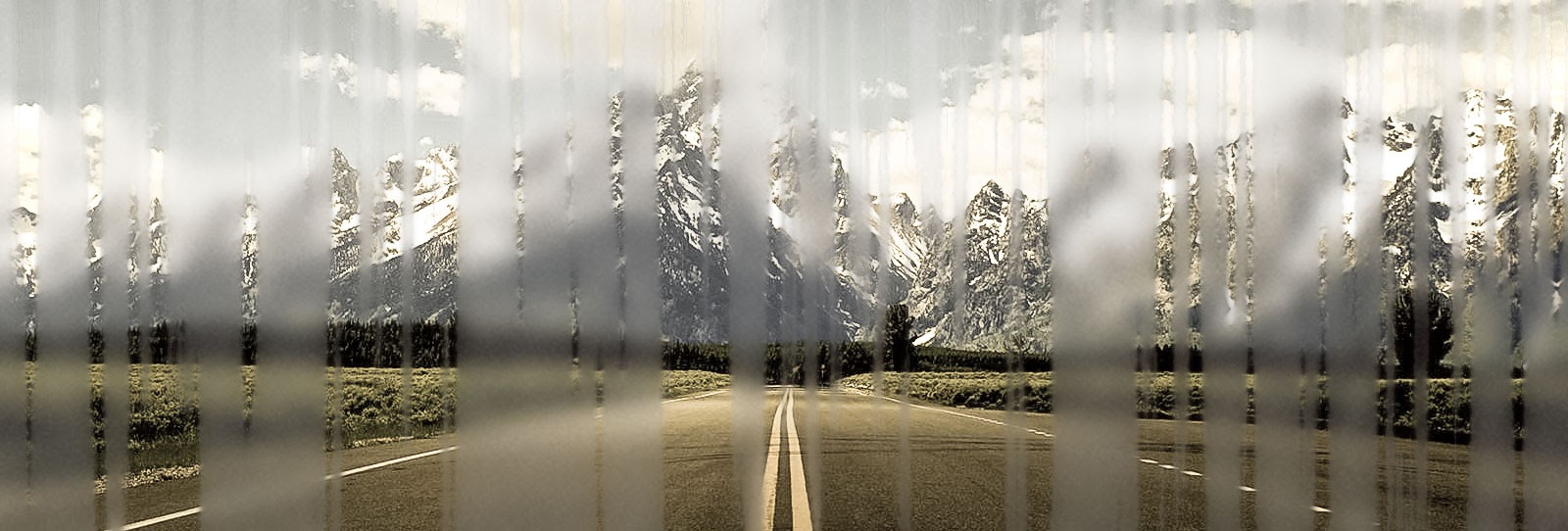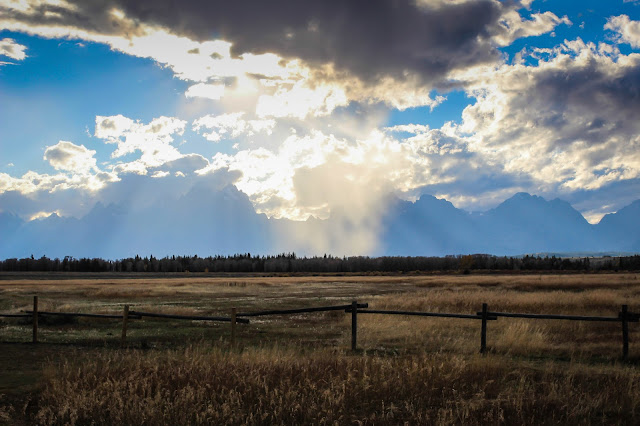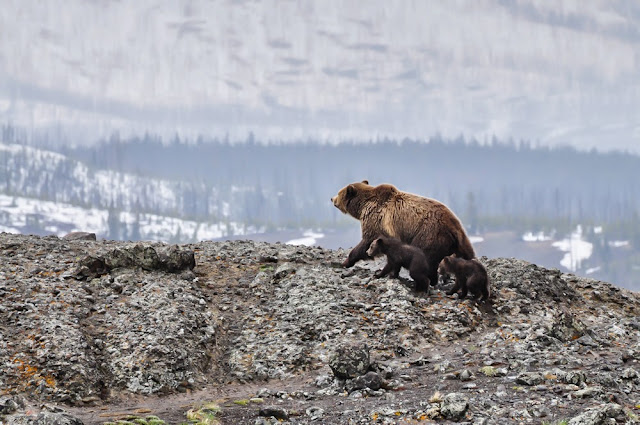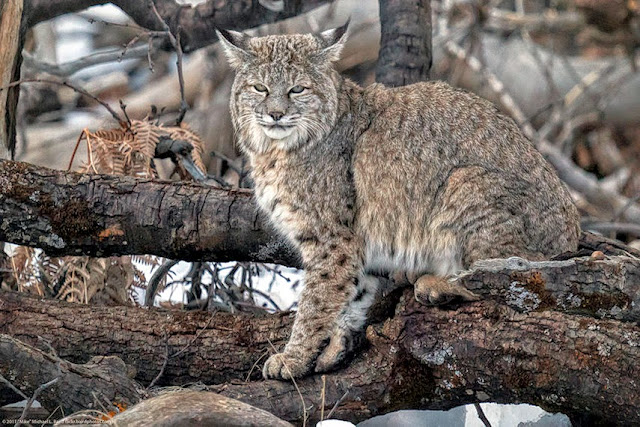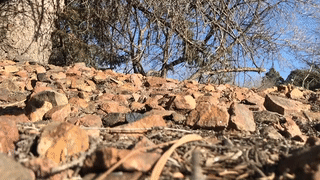You'll find Grotto Geyser in the Upper Geyser Basin in Yellowstone National Park. Grotto Geyser is actually part of a group of geysers that include Grotto Fountain Geyser, South Grotto Fountain Geyser, Indicator Spring, Spa Geyser, and Rocket Geyser. It's a fountain-type geyser and can really put on a show, especially in winter when it spews huge amounts of steam into the cold air. Grotto Geyser's cone is nearly 8 feet high. The odd shape comes from sinter accumulating over dead tree stumps as the geyser erupted.
Here's a little history:
On September 18, 1870 members of the Washburn-Langford-Doane Expedition entered the Upper Geyser Basin where in a day and a half of exploration, they named seven geysers of which Grotto was one. Nathaniel P. Langford described the Grotto in his 1871 Scribner's account:
"The Grotto" was so named from its singular crater of vitrified sinter, full of large, sinuous apertures. Through one of these, on our first visit, one of our company crawled to the discharging orifice; and when, a few hours afterwards, he saw a volume of boiling water, four feet in diameter, shooting through, it to the height of sixty feet, and a scalding stream of two hundred inches flowing from the aperture he had entered a short time before, he concluded he had narrowly escaped being summarily cooked. The discharge of this geyser continued for nearly half an hour.
Grotto Geyser is interesting for more than just its own eruptions, which are spectacular in their own right. It has a connection and interaction between its eruptions and those of Giant Geyser, one of the world's most powerful geysers. Giant Geyser erupts only during times known as "hot periods", which are times of intensified activity among the smaller geysers that populate the surrounding area around Giant, meaning the Grotto geysers. You might call it, a geyser party. So, if you witness a marathon Grotto eruption, keep your eye on Giant Geyser. It may be joining the party. =]:)
